Stay Up To Date

Psychological Influences in Personal Financial Literacy
In his book, “The Psychology of Money”, author Morgan Housel wrote “Your personal experience with money makes up maybe 0.

5 Education-based Memoirs to Inspire Teachers Over the Summer
For educators, summer break is a time to reset and relax from the previous school year and eventually prepare for the year ahead.

Using Best Practices to Support the Implementation of Online Testing
Being an educator in an industry of ever-changing pedagogy, curriculums, and politics can be both stressful and daunting.
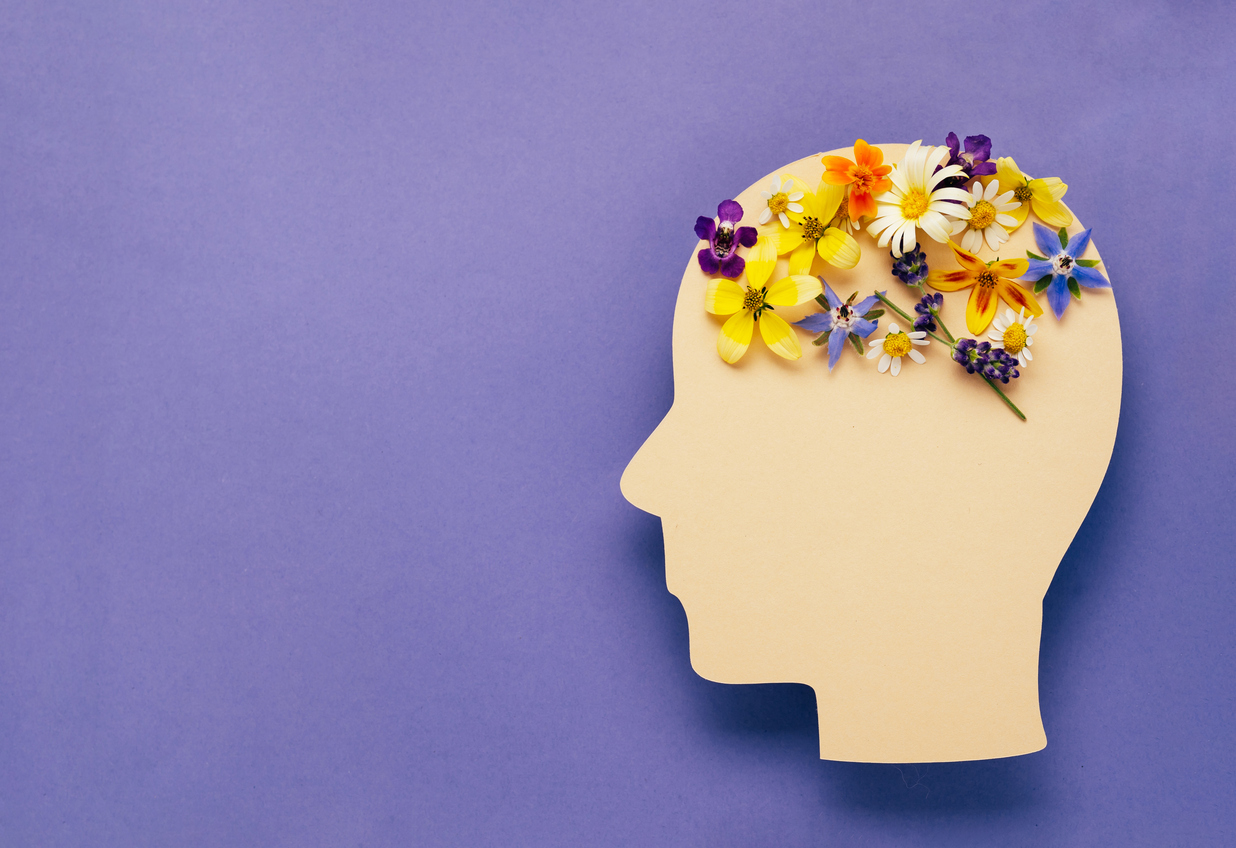
Navigating the Mind: Tier 1 Activities to Support Student Mental Health
May is Mental Health Awareness Month and there is no better time to share resources or incorporate strategies and activities in the classroom that will benefit all students.
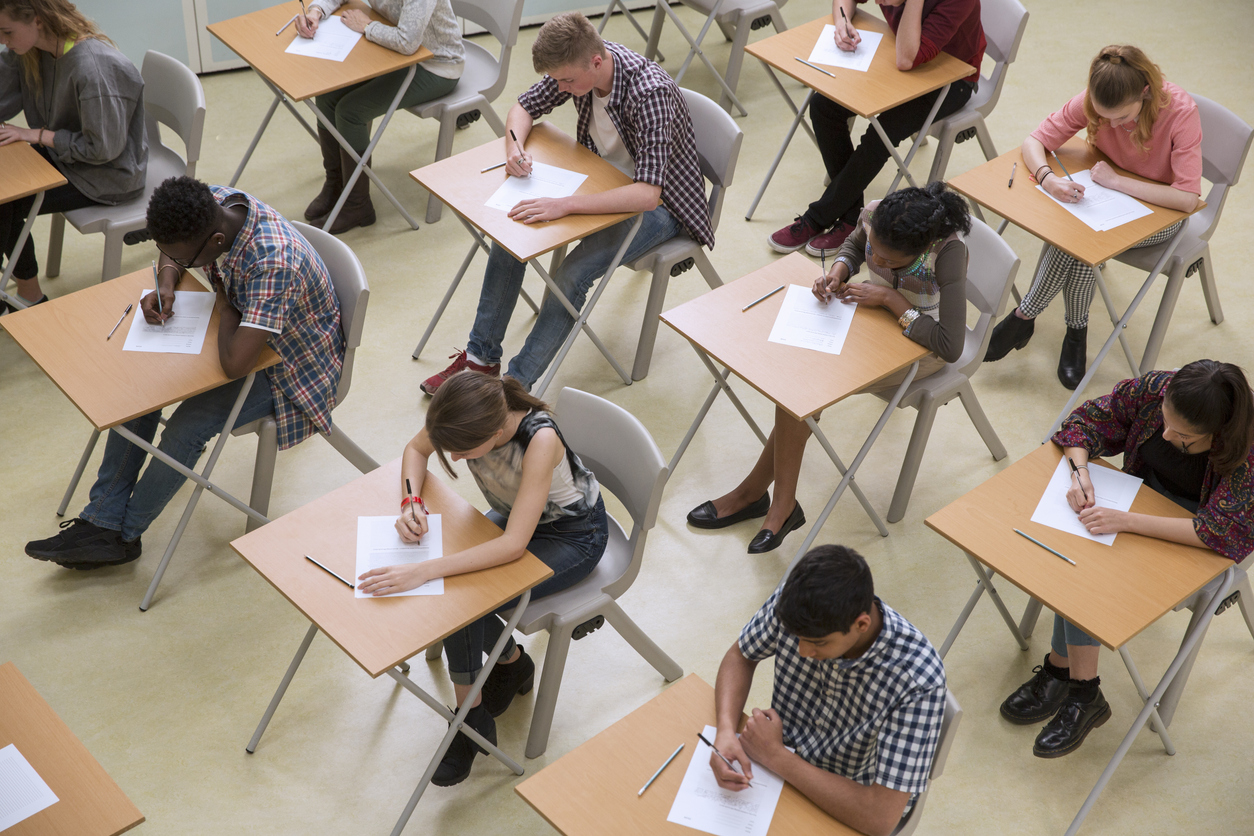
5 Things Only Teachers in the World of Advanced Placement* Understand
Teachers who instruct Advanced Placement courses often stand out due to a combination of factors that set them apart within the educational landscape! AP teachers are different because they are not just educators but also mentors, subject-matter experts, and facilitators of academic growth.
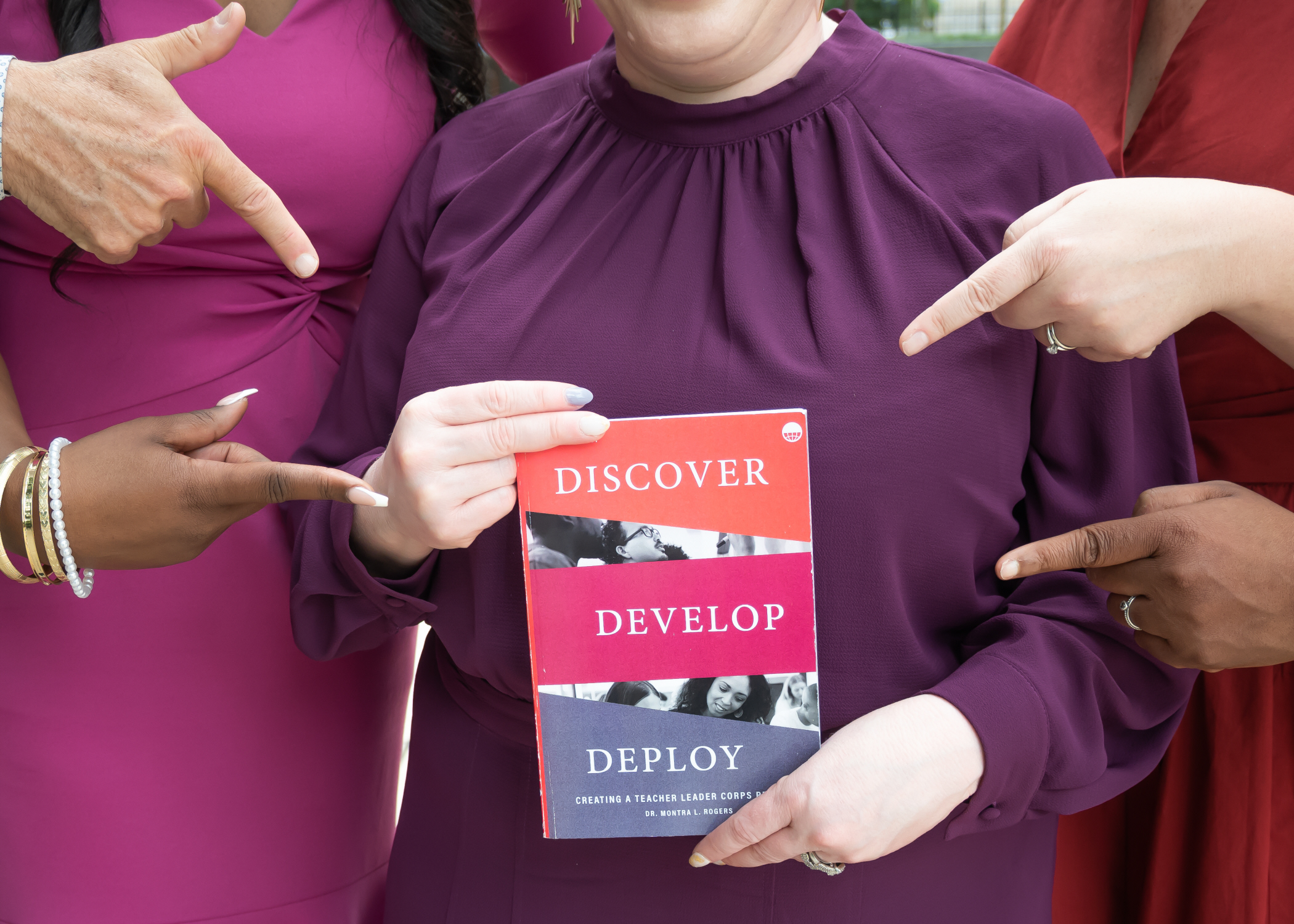
Discover, Develop, Deploy: Finding Your Why
Developing long-lasting leaders in education has always been the goal of Dr.
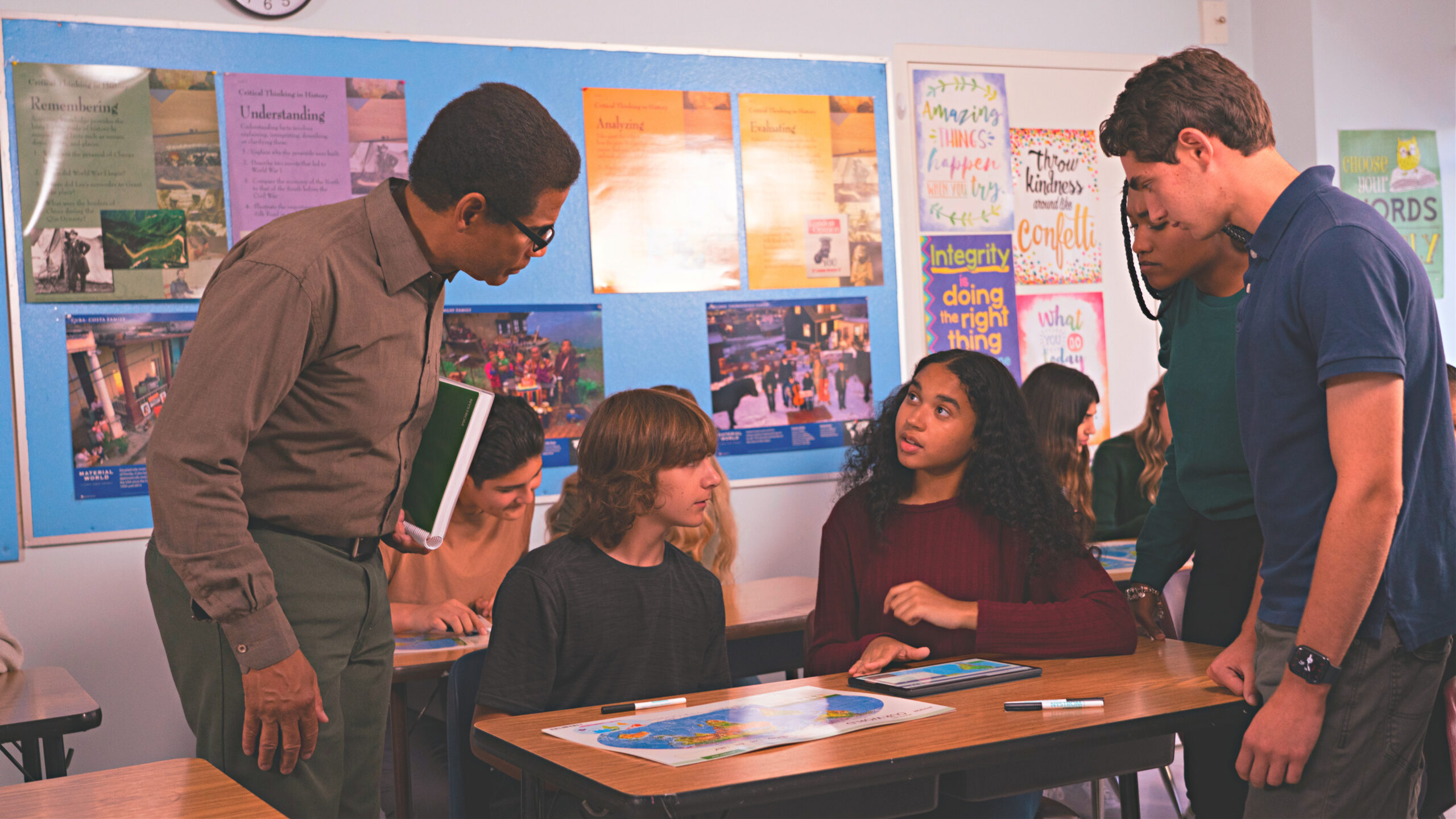
Building Student Confidence and Engagement Through Classroom Discourse
There are a few universal beliefs commonly voiced among history teachers.
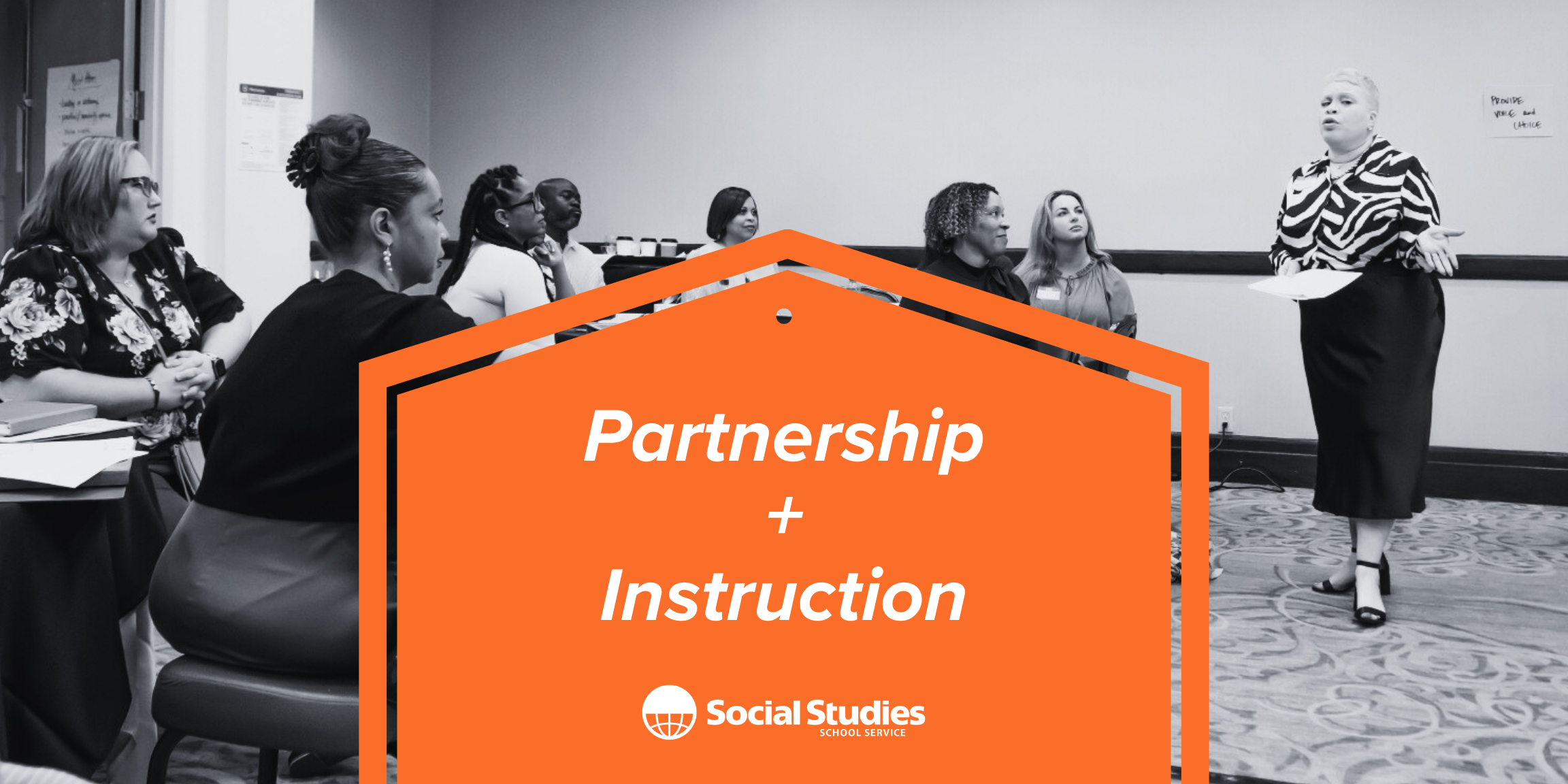
Leading and Partnering with Purpose in Social Studies
As leaders, we have all been in situations where our procured resources do not translate into implemented resources.
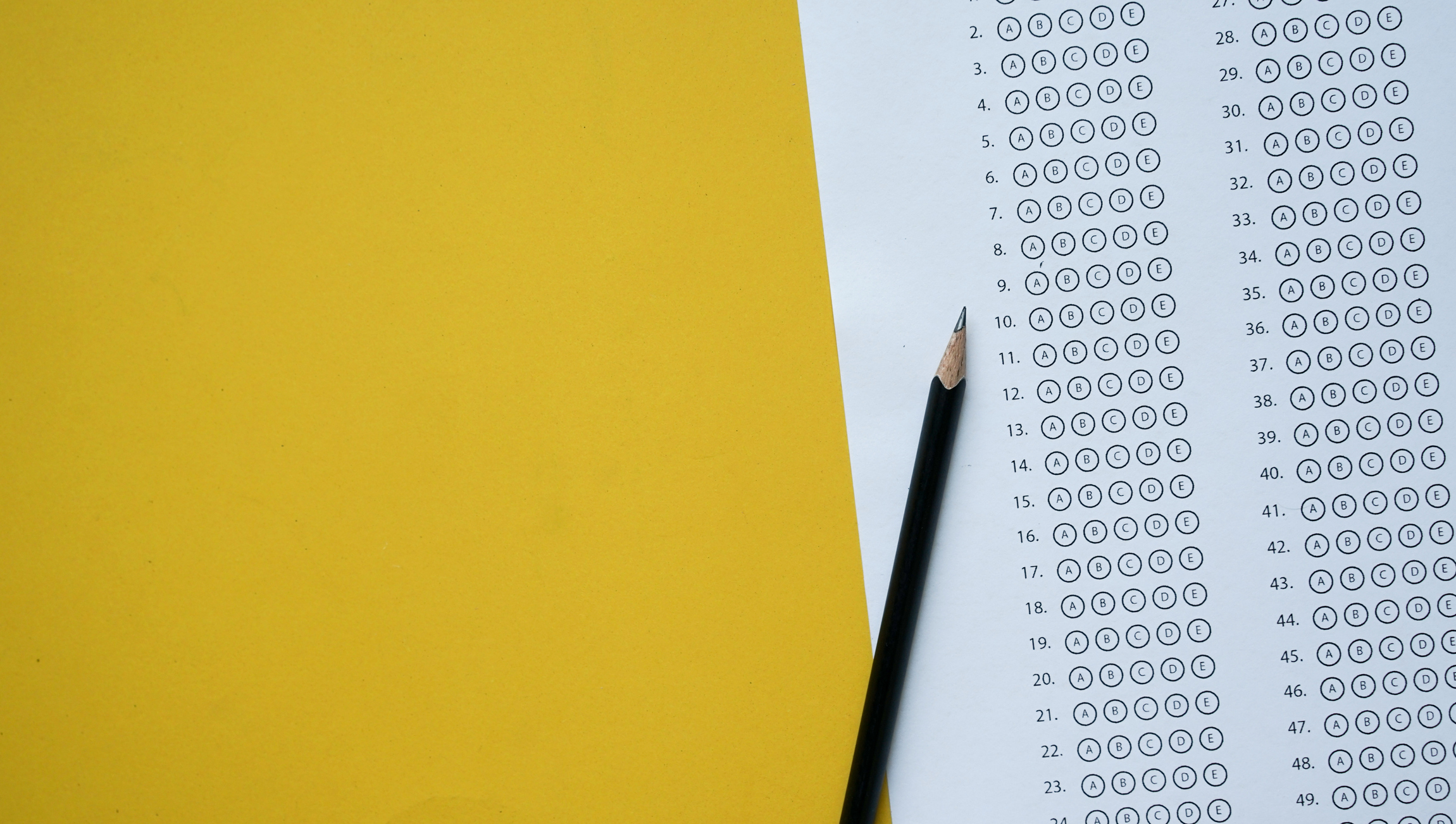
Measuring History and Civics Standardized Achievement: What Can We Learn
The National Center for Educational Statistics, or the “Nation’s Report Card,” released the most recent test results for History and Civics.